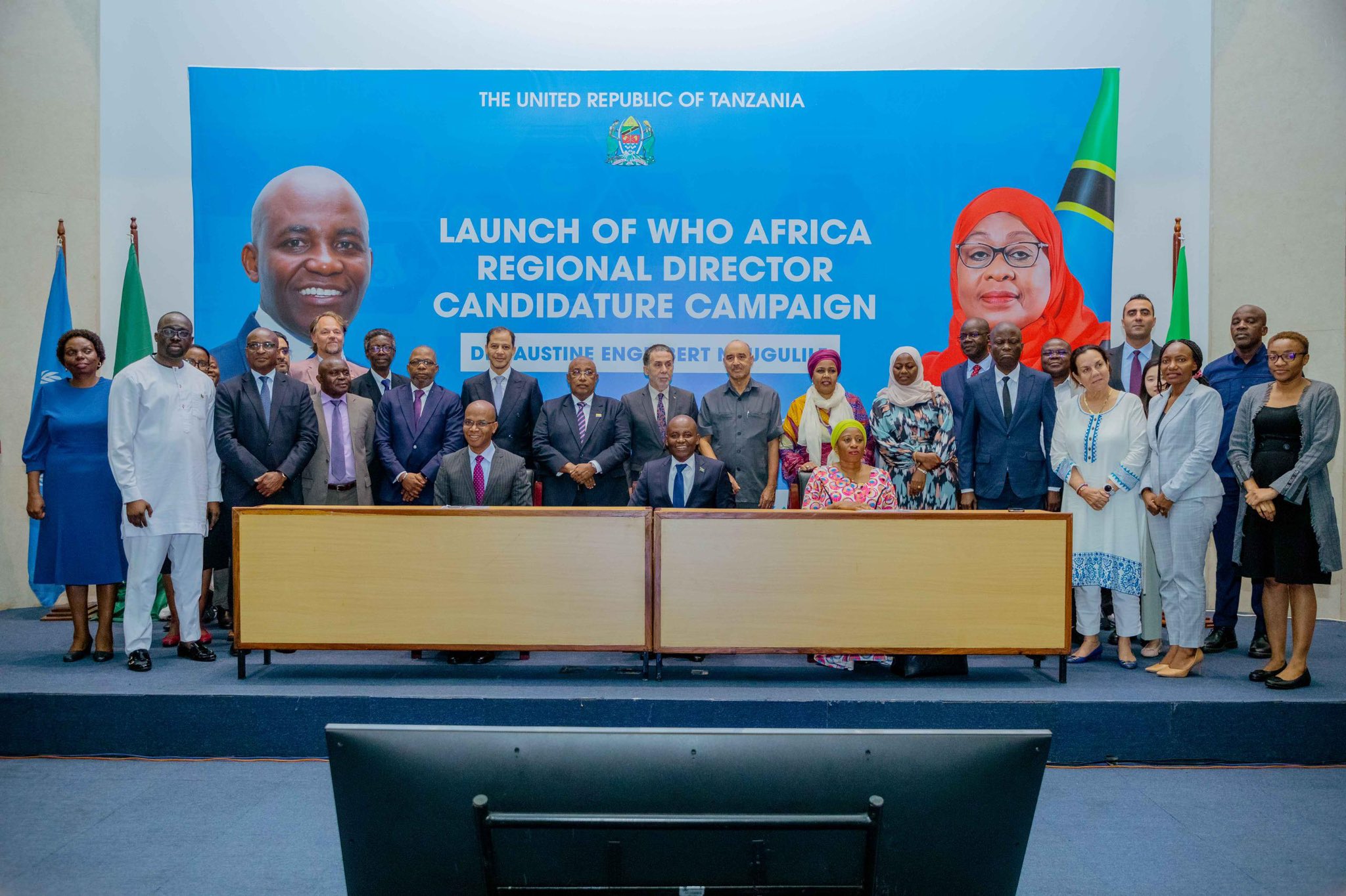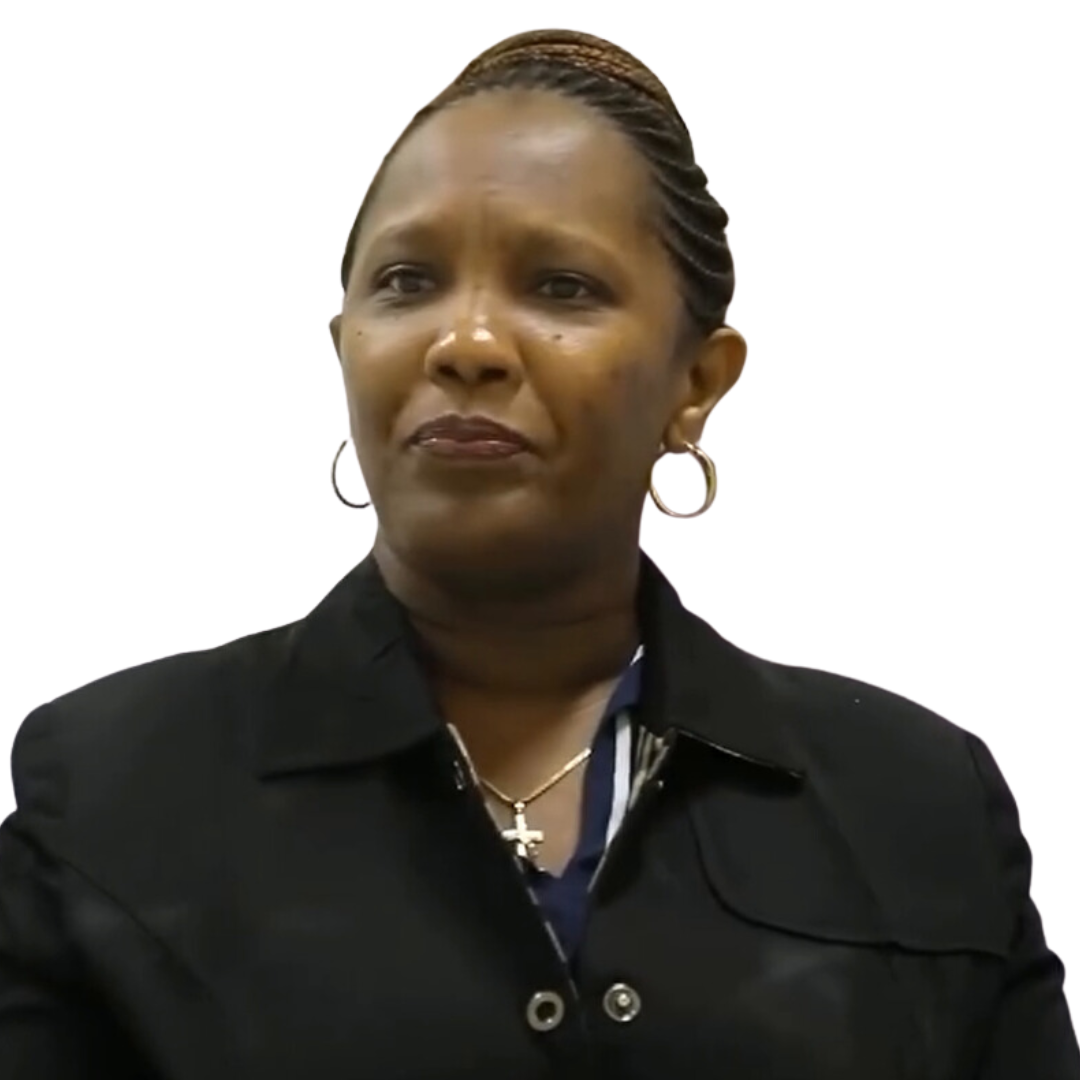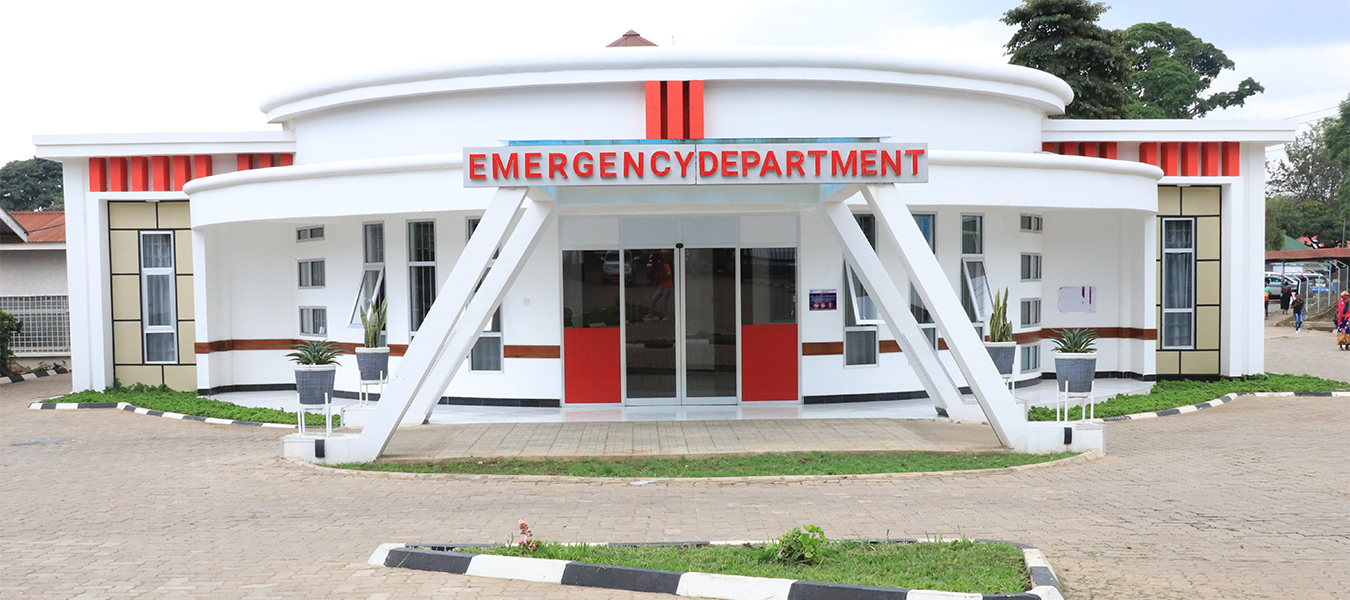It has been about three days since it came to light that Dr. Faustine Ndugulile, former Deputy Health Minister, had been endorsed by the government of Tanzania as candidate for the World Health Organization (WHO) Regional Director for Africa position. But what comes ahead of Ndugulile after this endorsement? And what are the major issues surrounding the nomination and appointment of Regional Directors of Regional Directors for WHO-not only for Africa but in other regions of the WHO?
What we know so far is that the Tanzanian government has secured a significant endorsement for Dr. Ndugulile’s candidacy. This backing comes from 16 countries within the Southern African Development Community (SADC) and an additional seven from outside the organization.
What makes this position important?
The Ebola outbreak in West Africa in 2014 exposed a lagging response by WHO-AFRO, sparking a push for stricter candidate evaluation and clearer hiring procedures for the Regional Director for Africa position. This issue is highlighted in an article titled “An Opportunity for Hiring Reform: Selecting WHO’s Next Africa Regional Director.”
The WHO’s executive board (EB) meeting earlier this year sparked a significant discussion about the inconsistencies in how regional directors are nominated across the World Health Organization’s (WHO) six regions. The debate centered on whether these processes should be standardized.
A report by the WHO’s legal counsel on regional nominations identified key areas where a lack of alignment between the regions could be addressed. These areas included the scrutiny of candidates and the transparency of procedures.
For example, the report pointed out inconsistencies in the criteria used to assess candidates. Some regions don’t specify requirements for education, professional experience, or managerial skills. Notably, the Africa region is the only one that mandates “a medical background” for nominees. However, this remains a matter for later discussions and assessment.
Dr. Ndugulile, a medical professional specializing in microbiology, public health, and leadership, is among five candidates vying for the position now. He faces competition from representatives from Senegal, Ivory Coast, Rwanda, and Niger. Dr. Ndugulile has outlined eight strategic priorities for his candidacy, including: universal health coverage, maternal and child health, non-communicable diseases, primary healthcare, climate-resilient and sustainable health systems, health security, innovation and research, and partnership and collaboration.
Could this be East Africa’s turn?
Ndugulile, if selected and confirmed will become the first East African to secure the position. He aims to succeed Dr. Matshidiso Rebecca Moeti, a Botswana national who will conclude her second term as WHO Regional Director during the 74th session of the WHO Regional Committee for Africa, expected to be held in Brazzaville, Republic of Congo, from August 26 to August 30, 2024.
The next stage for Ndugulile’s candidacy will be an interview with the WHO Regional Committee for Africa, alongside other candidates. Subsequently, representatives from all 47 member states comprising the Africa Committee will participate in a secret ballot.
Candidates securing a majority of votes will be nominated for this position, and their names will be forwarded to the WHO Executive Board for appointment. There is a general feeling in Tanzania that Dr. Ndugulile is a strong candidate, and that West Africa has already put forward a director and South Africa as well, thus it considers this time an East Africa’s turn.
January Makamba, Tanzania’s Minister for Foreign Affairs and East African Cooperation said during a press briefing on May 08, 2024 that a campaign to support Ndugulile had been launched with enough goodwill.
“We have received a letter from SADC that all sixteen countries from the region will endorse us,” said Makamba.
Dr. Ndugulile is seen as a forward-thinking person who stands by medical ethics and professionalism. At the height of the COVID-19 pandemic across the world—and when clashes between politics and science were intense– Ndugulile is counted among health professionals in Tanzania who stood for science.







